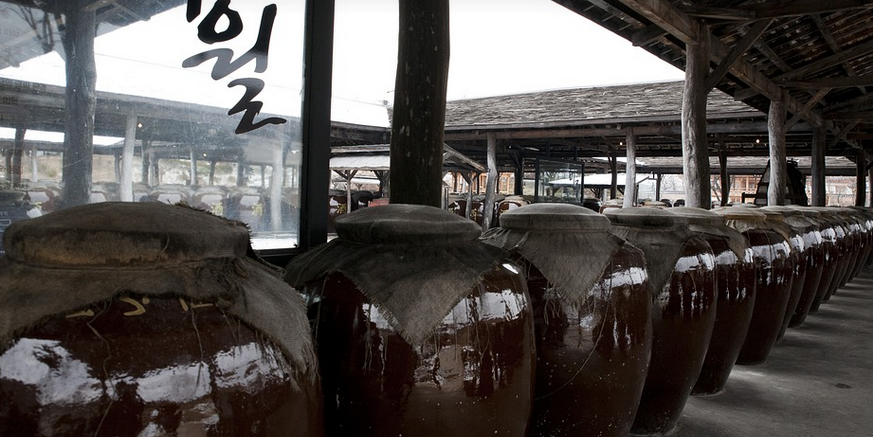Why Your Camper’s AC is Turning into a Snowman
Summer camping trips are a dream, but when your camper’s air conditioning unit decides to go on strike, it can turn that peaceful getaway into a real sweat fest. While a sudden freezing up of your AC can be frustrating, the good news is that understanding why it happens and knowing how to fix it can make all the difference.
Let’s dive deeper into common causes of camper AC freezing up, step-by-step troubleshooting tips, and preventive measures to keep your AC roaring smoothly throughout the season.
**Understanding Your Camper’s Cool Down Crew**
Your camper’s air conditioning system is like a miniature power house, working hard to create comfortable temperatures inside. This mini-powerhouse relies on a refrigerant cycle to transfer heat from inside your camper to the outside environment. The magic ingredient here is a special fluid called “refrigerant,” which changes states between liquid and gas, absorbing and releasing heat along the way.
The refrigerant travels through a series of tubes and coils within the AC unit, passing through an evaporator coil where it absorbs heat from the air inside your camper, and then passes through a condenser coil where it releases that heat into the outside environment. This continuous cycle ensures your camper stays cool during those scorching summer days.
When something disrupts this delicate refrigerant flow, your camper’s AC can suffer a meltdown! So, let’s investigate the common culprits behind this frosty malfunction.
Common Culprits of A Frozen Camper AC
**1. Low Refrigerant:** Refrigerant is essential for making your AC work its magic. If your system has lost a significant amount of refrigerant, the pressure can plummet, leading to freezing issues. It’s like trying to start a car with an empty fuel tank!
**2. Blocked Airflow:** Remember that air flow is vital for effective cooling. If there’s something blocking airflow in your AC unit or ductwork (like dust buildup, obstructions) it can disrupt the refrigerant cycle and cause freezing.
**3. Contaminated Refrigerant:** Over time, even if not visible to the naked eye, dirt, debris, and contaminants can accumulate inside the system. This contaminated refrigerant can hinder the cooling process and lead to freezing.
**4. Electrical Issues:** Sometimes, electrical problems, like a bad fuse or faulty wiring, can trip over the AC’s refrigerant flow, leading to freezing.
**5. Compressor Problems:** The compressor is the heart of your AC unit! If it fails due to age, wear and tear, or even a sudden jolt, your system will struggle to cool, potentially resulting in freezing up.
Troubleshooting Your Frozen Camper AC
A. Before You Dive In: Basic Checks
Before diving into a deep fix, it’s always wise to perform some basic checks to pinpoint the culprit:
* **Airflow:** Carefully check your AC unit for any blockage in the vent openings or ductwork. Use a gentle hand and check for any obstructions that could be hindering airflow.
* **Refrigerant Level:** Look for the refrigerant lines, which are often easily visible around the AC unit. If you see them, consult with a professional as tampering with the refrigerants can be dangerous!
* **Electrical Check:** Make sure the power connection to your AC unit is secure and that all fuses have not blown. You can use a multimeter to check for electrical anomalies.
B. The Deep Dive: Diagnosing The Problem
Once you’ve performed the initial checks, it’s time to dive deeper into troubleshooting.
* **Check the Condenser Coil:** If your AC unit is constantly blowing cool air but still seems sluggish, check for a build-up of debris and dirt on the condenser coil. The condenser coil is responsible for releasing heat into the outside environment. If it’s clogged with dust or grime, it may not be able to efficiently dissipate that heat.
* **Listen for Signs of Trouble:** Pay attention to any unusual noises your AC unit might be making. A strange humming sound could indicate a compressor problem, while a screeching sound suggests a faulty belt.
* **Use a Refrigerant Leak Detector:** If you suspect a leak, use a refrigerant leak detector to pinpoint the location of the leak. It can be hard to find leaks and it’s best left to a professional.
**C. The Skilled Assistance Route**
If you’ve gone through the troubleshooting process, but your AC unit still refuses to cool, it might be time to call in a certified technician.
* **Professional Diagnosis:** A skilled technician can conduct a thorough inspection of your AC unit and identify the root cause of the freezing problem. They have specialized tools and knowledge to diagnose issues you may not even notice yourself.
* **Repair or Replacement: ** Depending on the severity of the issue, they might recommend repairs like refilling refrigerant, replacing the compressor (if needed), or a complete AC unit replacement.
Prevention is Better Than Cure!
To avoid freezing issues and keep your camper cool throughout summer, there are preventive measures you can take:
* **Regular Maintenance:** Just like any machinery, your AC unit needs regular maintenance. Schedule a professional inspection every year or so to catch potential problems early on and prevent bigger issues.
* **Cleanliness Counts:** Keep your AC unit clean by regularly removing dust and debris from the condenser coil. A simple vacuum can go a long way in maintaining its efficiency.
* **Monitor Your Refrigerant Levels:** Regularly check for refrigerant leaks or low levels. If you’re unsure, consult with a certified technician who can top up your refrigerant levels to maintain optimal performance.
* **Keep the Power Supply Secure:** Ensure all electrical connections are secure and undamaged. This might involve inspecting and tightening any loose wires or making sure there’s no damage to the outlet.
* **Proper Storage During Winter:** When your camper is not in use during winter, store it safely and ensure that there’s a clean environment inside. This will help prevent corrosion and potential issues with the AC unit when you’re ready to go camping again.
